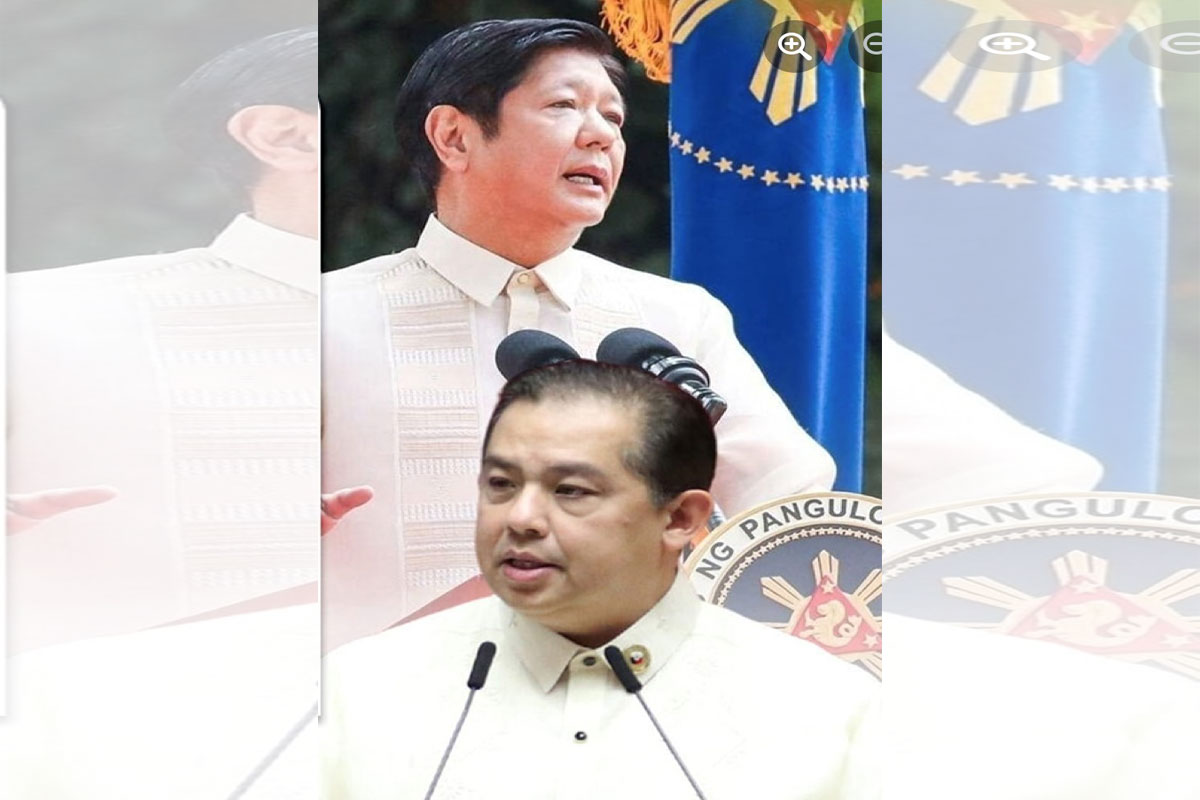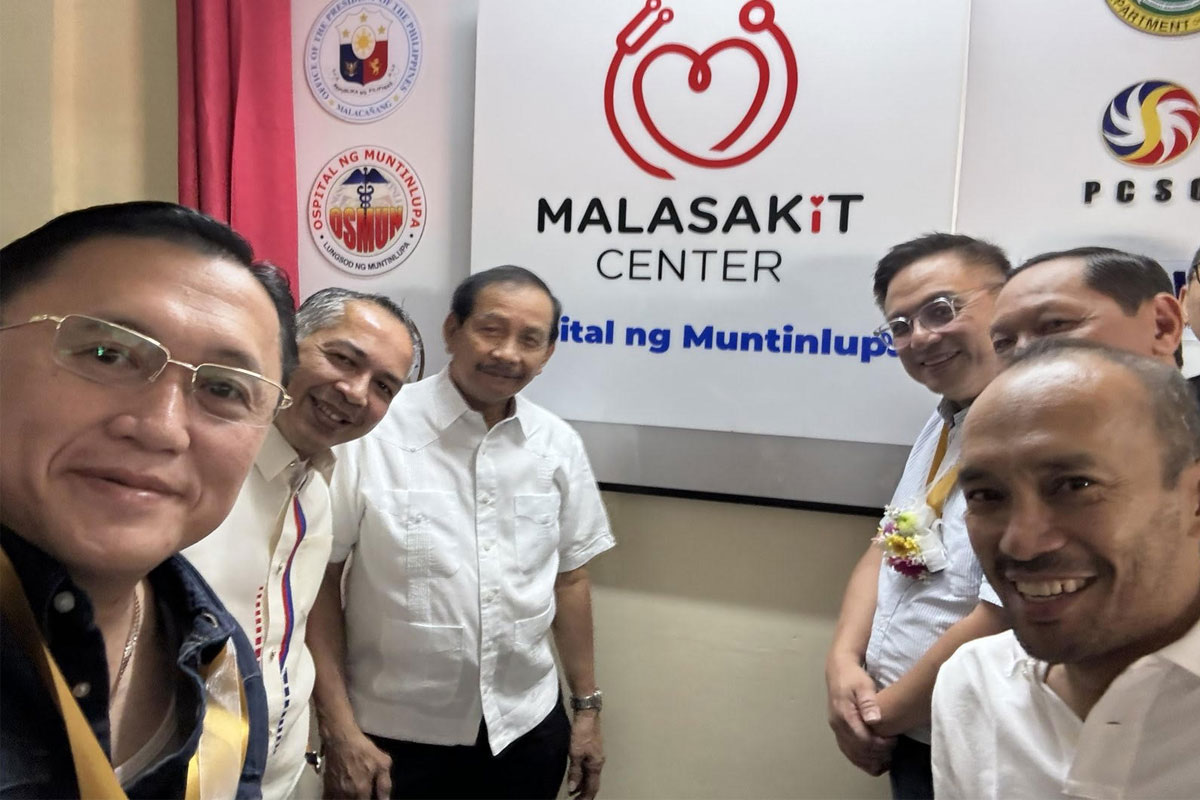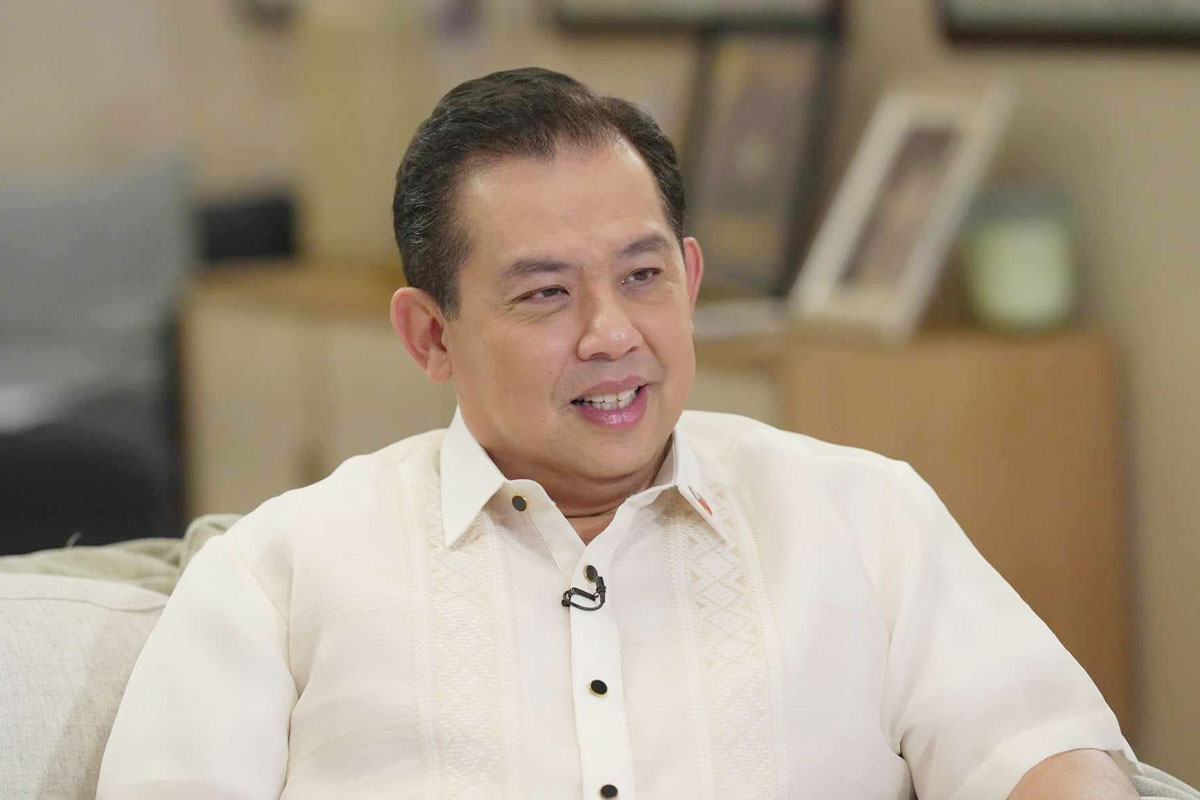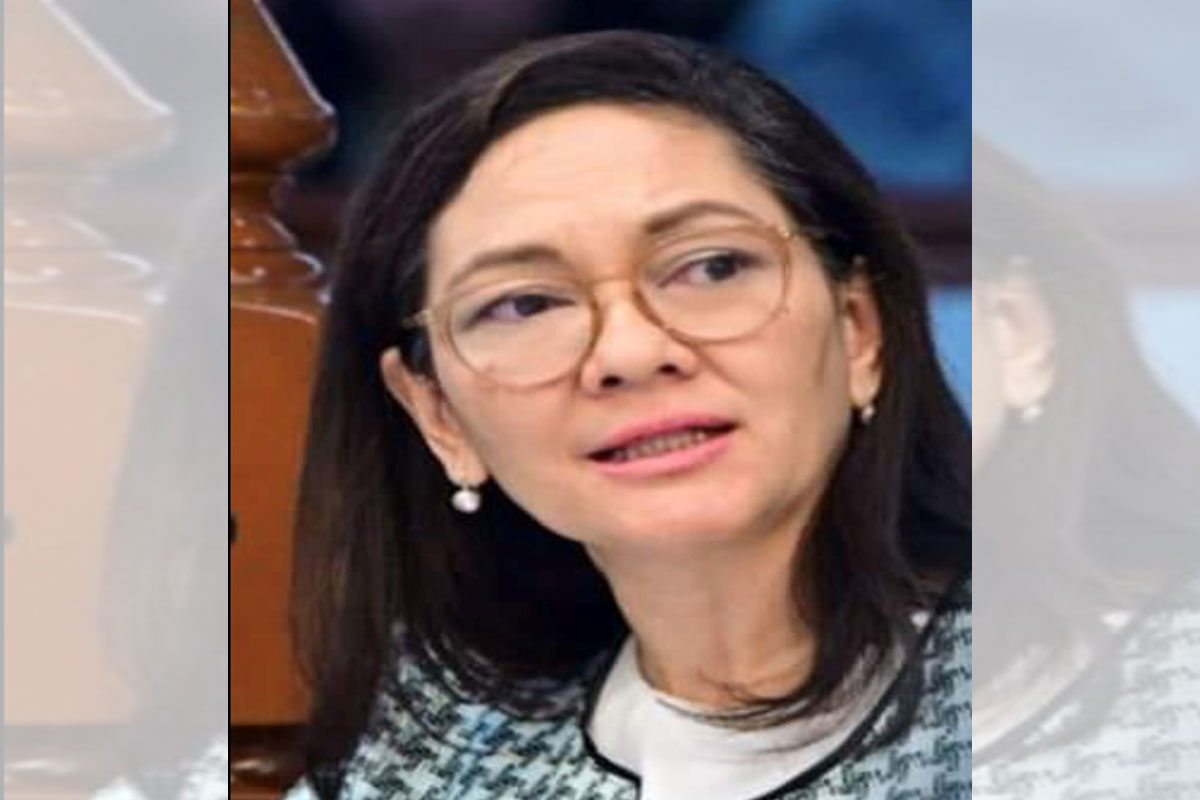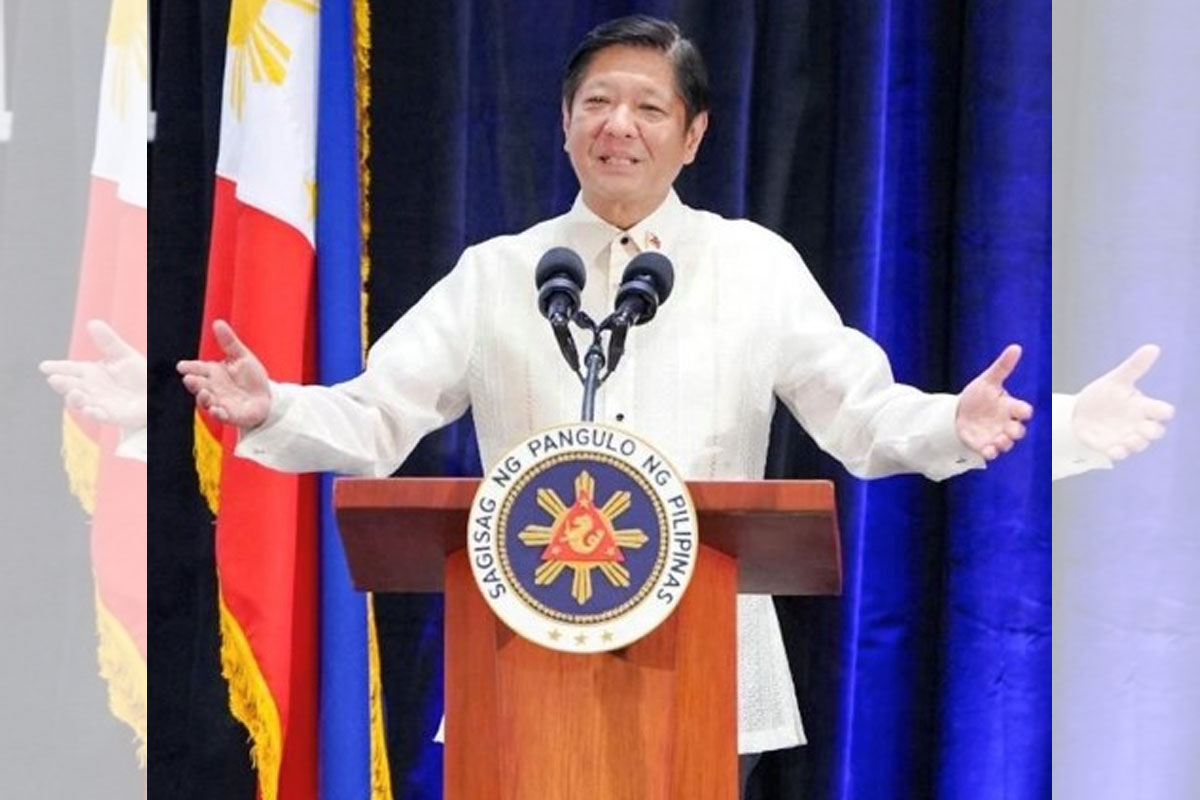
Solid backup
SPEAKER Martin Romualdez vowed to fully support President Ferdinand Marcos Jr. on his agenda of addressing critical issues affecting the country.
During the Asia-Pacific Economic Cooperation (APEC) Summit, Marcos has cited at least three critical issues – food insecurity, global health care system and climate change – that need immediate and long term solutions.
Marcos said economies in the Asia-Pacific must work together for structural and policy innovations to solve food insecurity, strengthen the global health system, and take stronger action on climate change.
He emphasized that addressing these three critical issues is key to enabling rapid economic recovery and growth in a manner that creates jobs, includes more people into the mainstream, and reduces poverty and inequality.
Speaker Romualdez said he totally agreed with the President’s assessment that these issues present serious obstacles on our path to recovery.
“He can count on the unwavering support of the House for the passage of measures addressing these issues of concern,” Romualdez said.
It could be recalled that the House and the Senate had earlier committed during the first Legislative-Executive Advisory Council (LEDAC) meeting the President convened last October 10 to adopt as part of their Common Legislative Agenda (CLA) the priority measures the Chief Executive mentioned in his State of the Nation Address (SONA).
Many of these priority measures, according to Romualdez, would contribute towards addressing the issues of concern the President raised during the APEC Summit.
Among others, Romualdez cited the Department of Water Resources Bill, Land Use Act, and the Condonation of Unpaid Amortization and Interests of Loans of Agrarian Reform Beneficiaries bill, as measures that would help revitalize the country’s agricultural sector and enhance productivity.
On the other hand, the Medical Reserve Corps bill, National Disease Prevention Management Authority bill, and the Virology Institute of the Philippines bill would help strengthen the country’s readiness and institutions against emerging infectious diseases.
Romualdez also said the increased share of green and renewable energy sources in the country’s energy mix may be included in the discussions of the proposed Amendments to the Electric Power Industry Reform Act (EPIRA).
He added that the House would welcome any new measure the Marcos administration may want to include in its priority legislative agenda meant to enable our economy to fully recover from the effects of the pandemic and cushion external shocks.
Likewise, Romualdez said the House could help shape programs of concerned government agencies to make them more responsive in addressing those areas of concern through its power of the purse, particularly in relation to the approval of the 2023 budget.
“In the bicameral conference committee, after the Senate has approved its own version of the proposed 2023 budget, we can help fine-tune the funding of concerned agencies to build their capacities at addressing these pressing problems,” Romualdez said.
In urging the APEC economies to address the three critical issues, President Marcos noted that recovery efforts have been stymied by soaring prices, supply chain bottlenecks, and serious geopolitical conflicts.
To prevent the situation from worsening, the President said that food security must be a top priority for all governments.
He said governments must also continue to invest in pandemic preparedness and in ensuring the resilience of the global health system and suggested the adoption of the One-Health approach to preventing the recurrence of crippling lockdowns governments imposed due to the pandemic.
According to the World Health Organization, One Health “is an integrated, unifying approach to balance and optimize the health of people, animals, and the environment.”
President Marcos also stressed that the APEC economies must also work together to address climate change, calling it “the most pressing existential challenge of our time” that indelibly impacts the global economy.










